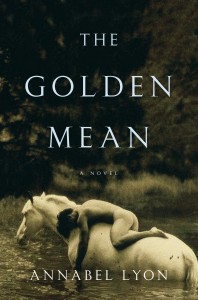Webcast sponsored by the Irving K. Barber Learning Centre and hosted by the Dr. Sun Yat-sen Classical Chinese Garden and UBC Asian Studies Department. A descendant of a CPR labourer and head-tax payers, Dora Nipp has always had a penchant for Chinese Canadian history. UBC’s Asian Studies program was her point of departure opening up a world of Chinese language, politics and history. Dora followed her heart and was inspired to undertake graduate studies on the history of the Chinese in Canada. The voices of the Chinese pioneers she interviewed then guided her work on human rights. On November 25, 2010, the historian, lawyer and film-maker will speak on how UBC’s Asian Studies program provided the impetus for an exciting and satisfying lifelong journey.
Select Articles Available at UBC Library
Nipp, D. A. (1983). Canada bound: An exploratory study of pioneer Chinese women in western Canada.
Mouland, E. (1999). Under the willow tree. Resource Links, 4(5), 41. [Link]
Agnew, V. (1993). Canadian feminism and women of color. Women’s Studies International Forum, 16(3), 217-227. doi:10.1016/0277-5395(93)90052-B. [Link]
Hobnan, A. (1992). Cities and immigrants: A Canadian perspective. Journal of Urban History, 18(4), 489-497. doi:10.1177/009614429201800405. [Link]
UBC Library Research Guides

